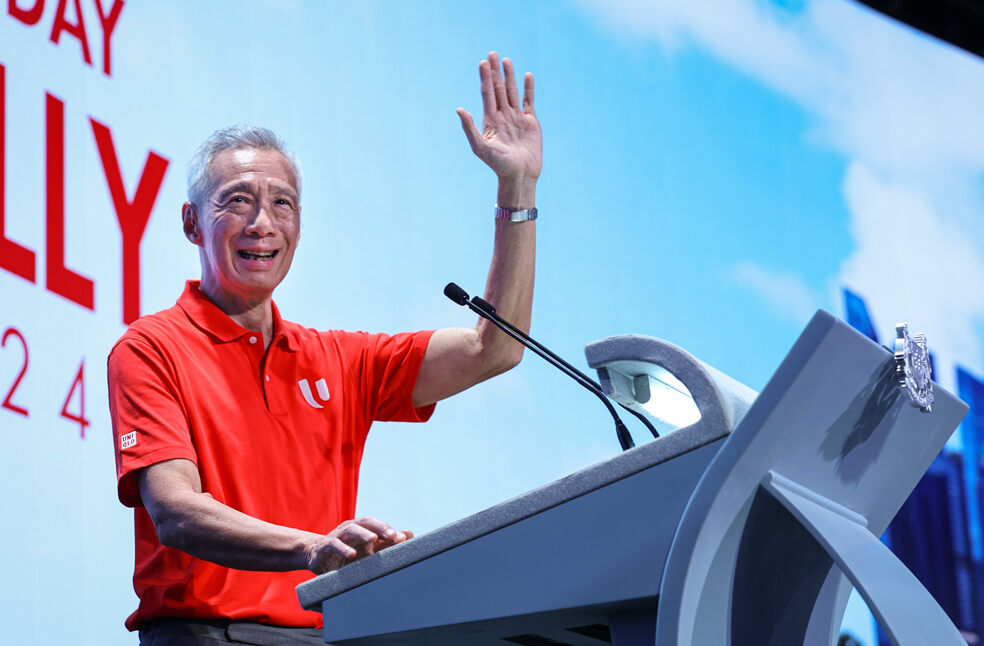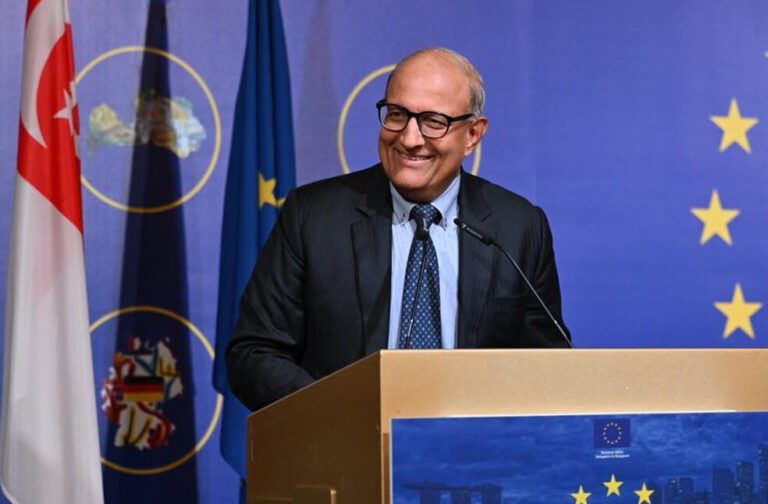Singapore: Singapore, widely recognized for its low corruption levels, is preparing for a major corruption trial and this marks the largest scandal in 4 decades for the city-state. Former Transport Minister S. Iswaran is at the centre of a high-profile corruption case.
Iswaran is set to stand trial soon facing 35 charges that include receiving valuables as a public servant, corruption, and obstructing justice. Singapore’s regulations prohibit civil servants and political figures from accepting gifts valued over 50 Singapore dollars (about $38) in the course of their official duties.
The charges stem from his alleged involvement in receiving over 400,000 Singapore dollars ($306,000) in gifts from two businessmen; Ong Beng Seng, a billionaire businessman known for bringing the Formula 1 Grand Prix to Singapore and also involves Lum Kok Seng, a key figure with deep connections to grassroots organizations in his former electoral ward.
The alleged illicit gifts included luxury items such as West End musical tickets, flights, bottles of whisky, English Premier League tickets, and even a high-end Brompton bicycle.

In a letter to then-Prime Minister Lee Hsien Loong, a day before being formally charged, Iswaran wrote that, “I reject the charges and am innocent.” Through his legal team, Iswaran later clarified that he did not realize gifts from two close friends, including Lum Kok Seng, could be seen as “veiled gratification.” Shortly after this, he resigned from his ministerial position and left the long-ruling People’s Action Party (PAP) in January.
Hsien Loong said that, “The Government has dealt with this case rigorously in accordance with the law, and will continue to do so, I am determined to uphold the integrity of the Party and the Government, and our reputation for honesty and incorruptibility. Singaporeans expect no less.”
According to the Corrupt Practices Investigation Bureau (CPIB), corruption is defined as “receiving, asking for, or giving any gratification to induce a person to perform a Favor with corrupt intent,” and this aligns with international standards, such as those upheld by Transparency International.
This trial is significant for Singapore, a country with a global reputation for strict anti-corruption policies. It’s the first corruption probe involving a government minister since 1986. At that time, National Development Minister Teh Cheang Wan was investigated for bribery but committed suicide before he could be formally charged.
The trial also comes five months into the term of new Prime Minister Lawrence Wong, and with a general election due by November 2025. His trial is expected to be closely watched both domestically and internationally, given Singapore’s typically clean political landscape.



